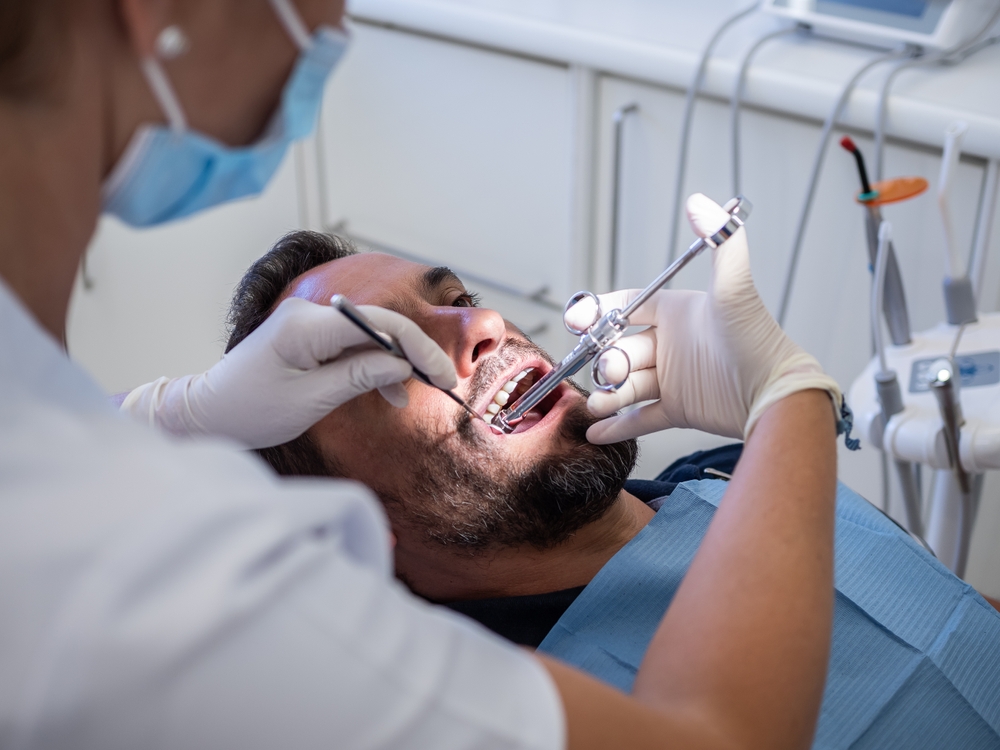According to a new CNN report, a California doctor has been convicted for the overdosing deaths of several of her patients. Based on a criminal investigation, it was found that Hsiu-Ying “Lisa” Teng, M.D. illegally prescribed pharmaceutical drugs without medical justification, for the purpose of turning a profit. A “doctor-turned-drug dealer,” Dr. Tseng was sentenced to 30 years to life in prison for her actions.
Although “Tseng is the only doctor in the United States to be convicted of murder for recklessly prescribing drugs,” this does not diminish the reality that many American families are facing in today’s silent epidemic—overmedication and overprescription of pharmaceutical drugs has increased dramatically over the past fifteen years. Drug overdose now kills more Americans than motor vehicle accidents, and the amount of painkillers prescribed each year has quadrupled since 1999. To put these numbers in better perspective, the United Nations Office on Drugs and Crime reports that although the United States has only 5% of the world’s population, it consumes 75% of the world’s prescription drugs.
It’s important to note that not all cases of overprescription of medications are legally actionable. Generally speaking, doctors are allowed to “overprescribe” medications if the therapeutic benefits generally exceed the clinically perceived costs. In other words, physicians are legally allowed, and professionally required, to use the best treatment possible even if the treatment pursued carries its own set of risks.
To protect yourself from injuries that may result from excessive medication use, you can take a few basic proactive steps:
- Communicate: Communicate with your doctor and understand the precise reasons you are being prescribed excessive, yet therapeutic amounts of medication.
- Educate: Read the package inserts associated with the prescription drug. Familiarize yourself with the potential risks and benefits of the drugs your taking. Periodically visit the
FDA’s website to learn of product recalls and new discoveries regarding your prescription drug. - Monitor: Monitor the effects as you take prescription drugs. If you suspect you are having a dangerously adverse reaction, seek medical treatment and contact your doctor immediately
- Treat: If you suffer from dangerous reactions to excessive medication, you can take control of the situation by seeking treatment from another physician.
- Protect: Seek legal advice if you suspect your injuries resulted from medical malpractice due to overmedication. The attorneys at Childers, Schlueter & Smith – The Dangerous Drug and Device Attorneys – have unique experience advocating for clients who unjustly suffer injuries from excessive medication. Take advantage of a free initial consultation to learn more about your options and how we can protect your legal rights.
Other Dangerous Drugs News
While Suboxone helps fight opioid addiction, it’s now at the center of a growing legal battle over severe, preventable dental harm not disclosed to patients for years.
Women across the U.S. are filing lawsuits against Pfizer after a major study linked long-term use of Depo-Provera to a fivefold increase in the risk of developing brain tumors known as meningiomas.
Women diagnosed with meningiomas after using Depo-Provera may be eligible for financial compensation, as lawsuits claim Pfizer failed to warn about the potential risk of brain tumors.
Patients who took Tepezza for thyroid eye disease and suffered hearing loss—including deafness—are now suing the manufacturer for failing to warn of these devastating side effects.
Despite growing evidence that Tepezza may cause hearing loss or tinnitus, the drug remains on the market—and lawsuits are mounting against its manufacturer.







